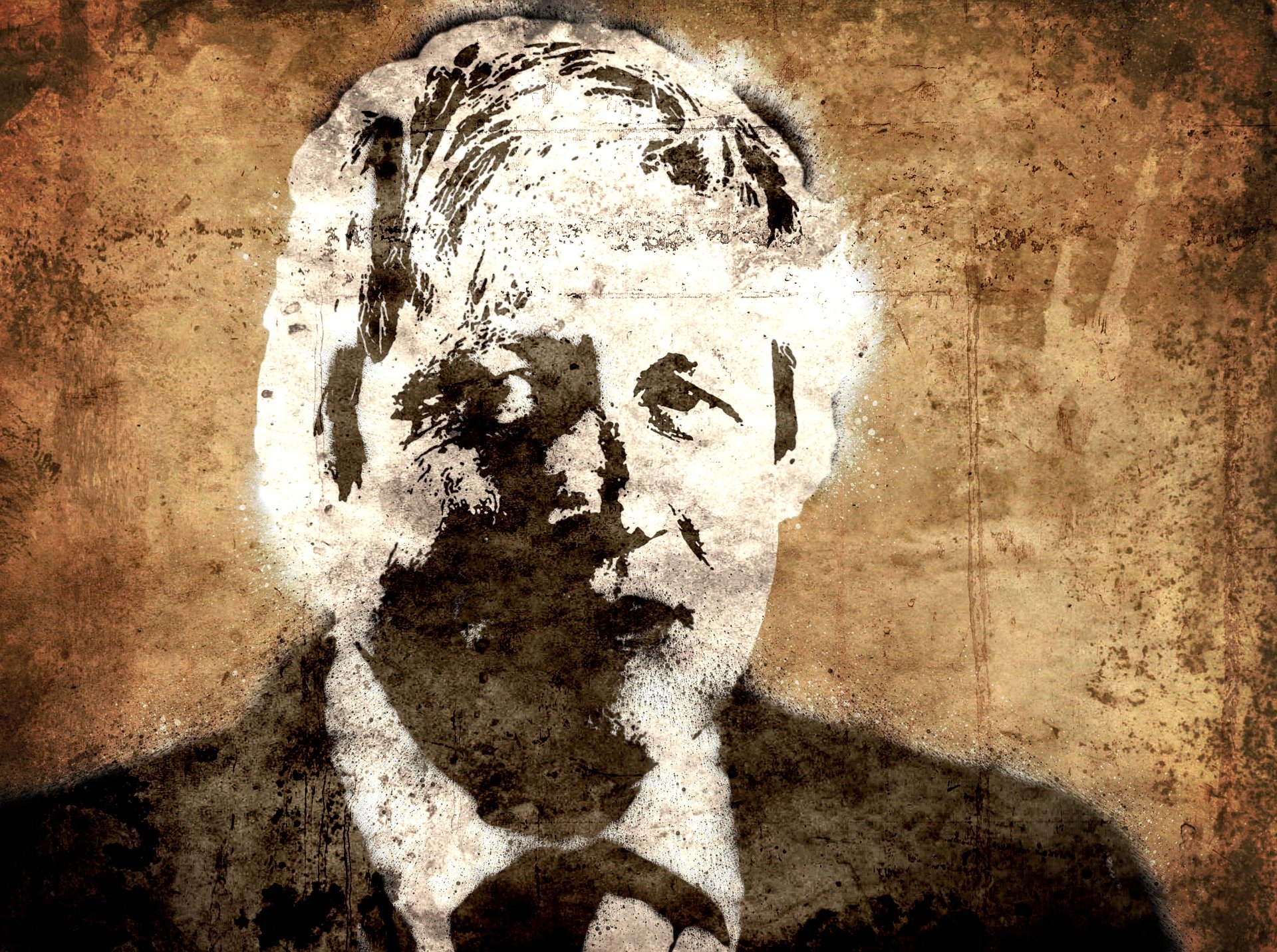Yesterday saw UK Prime Minister Boris Johnson narrowly surviving a vote of confidence by Conservative MPs. Senior Lecturer in Politics, Dr Ben Worthy analyses the findings of the Sue Gray Report and gives his predictions for the future of Boris Johnson in Downing Street.
There were parties
The Gray report finally confirms that regular parties were held in Downing Street. This is simple but important. They weren’t accidental, or ‘cake ambushes’ taking the poor PM by surprise. Police investigated a total of twelve parties, with a further four left uninvestigated. The parties were organised, premeditated, and put together in advance, while the rest of the UK was in severe lockdown so stringent that funerals couldn’t be held, and relatives couldn’t visit loved ones in hospital. As the report put it bluntly: ‘It is important to remember the stringency of the public health regulations in force in England over the relevant periods and that criminal sanctions were applied to many found to be in breach of them’. What was fine for Downing Street, resulted in a fine for others.
It shouldn’t need saying, of course. But the truth is important. Most Prime Ministers, and most politicians, are ‘economical with the truth’. But more than most, Prime Minister Johnson’s career has been built on what Nixon called ‘things that later turned out to be untrue’, from the £350 million promises written on a bus to the denial of lockdown parties. The first question on his recent Mumsnet interview was “Why should we believe anything you say when it’s been proven you’re a habitual liar?” A website has collated more examples of lies from Boris Johnson. Even his biography of Churchill was littered with ‘misunderstandings’, including that the Germans captured Stalingrad.
Amid the fog of untruth and evasions, the report sets out what happened, when and where, with photos and evidence. Surprisingly, or unsurprisingly depending on how cynical you are, allegations of more parties have emerged since the report. As Marina Hyde, Guardian columnist, always points out, with Boris Johnson there’s always more.
They knew they were wrong
One of the more astonishing parts of the report is how much of the wrongdoing was recorded. What was written showed that many participating knew it was wrong. Again, there were no accidental parties but instead, instructions to ‘bring your own booze’. The report shows that someone close to the Prime Minister, warned fellow party goers:
‘Just to flag that the press conference will probably be finishing around that time, so it would be helpful if people can be mindful of that as speakers and cameras are leaving, not walking around waving bottles of wine etc.’
The individual went on to write: ‘Best of luck with a complete nonstory but better than them focusing on our drinks (which we seem to have got away with).’
Perhaps the hardest parts of the report are the details of the treatment received by those who pointed out what they were doing was wrong. In the report, Gray writes: ‘I was made aware of multiple examples of a lack of respect and poor treatment of security and cleaning staff. This was unacceptable.’ Though there are no details, The Sun has reported how one security guard was mocked for pointing it out and cleaners were laughed at as they cleared up the mess. One image that stands out, is of staff, the days after the many nights before, scrubbing post-party wine stains after travelling across lockdown London.
Conservative MPs are not happy
If Conservative MPs were surprised by the Gray report, many were silent for some time after. In the 24 hours after its release, many thought that no news was good news, and a sign that Johnson was out of trouble. But we now know the quiet was more ominous, with MPs weighing up options. In the following days there was a steady uptick in letters to the 1922 committee which triggered a vote of confidence.
Some Conservative MPs were genuinely outraged. Paul Holmes, who resigned from the government, spoke of his ‘distress’ at a ‘toxic culture’ in Downing Street. Others, depending on your view, may be more cunning or realistic; even before Partygate, Johnson had slowly become an electoral liability. He is now a vote loser not a vote winner.
Already nervous Conservative MPs know that, because of the Gray report, every leaflet from a Labour, Liberal Democrat or Green opponent will feature a photo of Boris Johnson drinking, which they will have to defend or distance themselves from. This is at a time when a full 59% of the public believe he should resign (though not many think he will). One analyst has worked out that ten recent letter submitters are in vulnerable seats at greatest risk to the Lib Dems. Over in Wakefield, where there is a by-election this month, Labour are twenty points ahead, with the main reason for voters switching, according to one pollster, is ‘Boris Johnson tried to cover up partygate, and lied to the public’.
Boris Johnson still isn’t safe
On Monday 6 June, Johnson finally faced a confidence vote which he won but, it must be said, won badly, with 40% of his own MPs voting to remove him. More Conservative MPs voted against him than voted against Theresa May in 2018, and she lasted only a few more months in power afterwards. This leaves his leadership in the worst possible position, still in post but with almost half of his own party against him.
Boris Johnson is now in very serious trouble, and his time in Downing Street can probably be measured in months, if not weeks. His MPs, his party and the public are deeply unhappy. The details and images from the report may mark the end of Johnson’s time in Downing Street. Whatever happens next, the Sue Gray report will be a defining document of Johnson’s premiership, and a symbol of what went wrong.
Ben Worthy is the Director of the MSc in Government, Policy and Politics at Birkbeck.
More information


